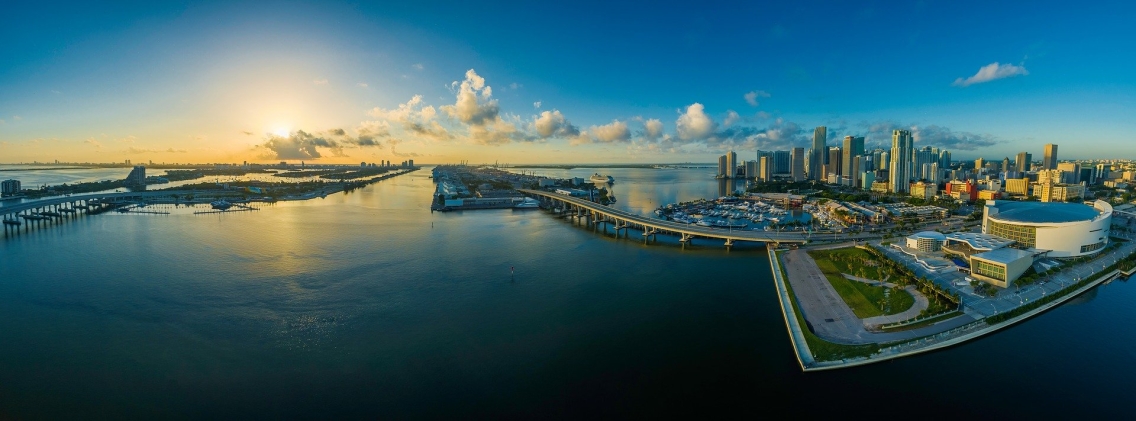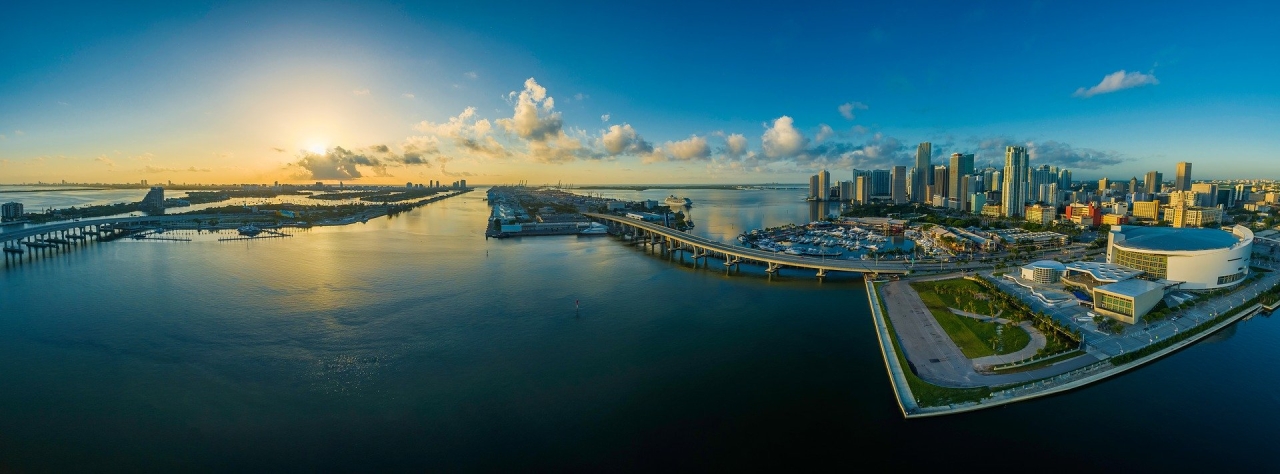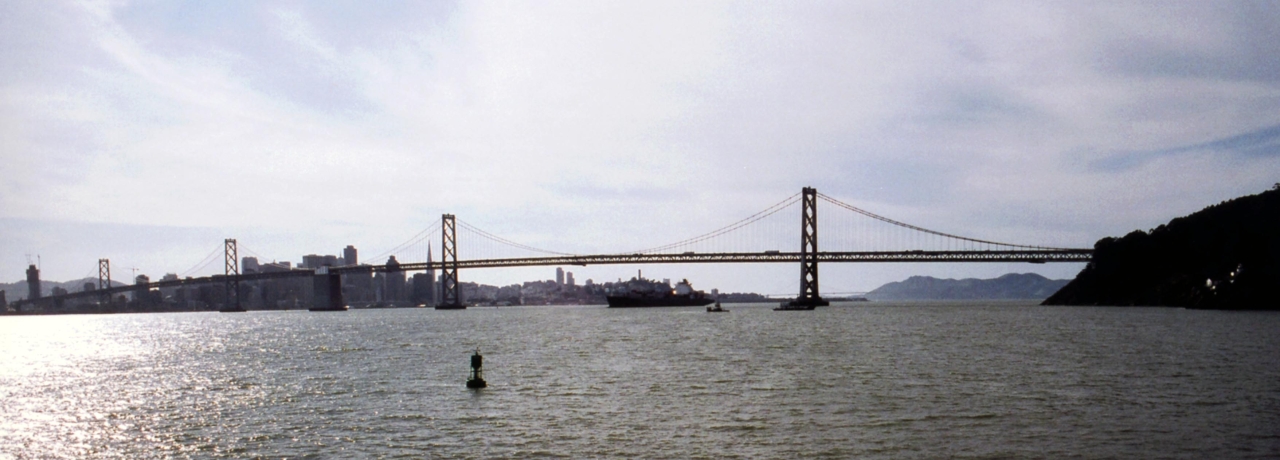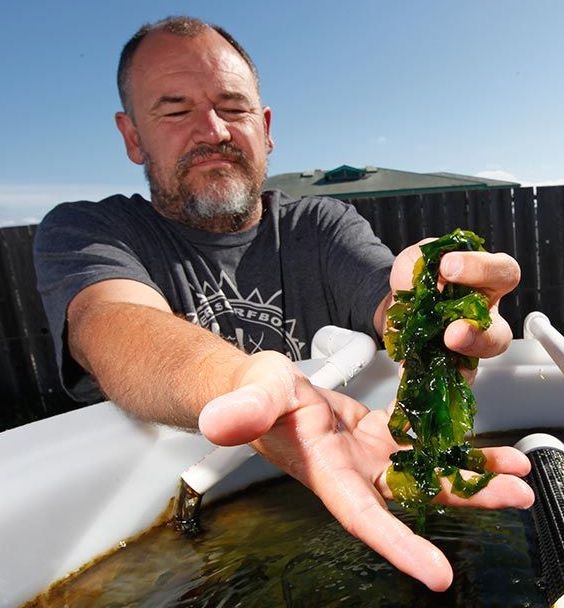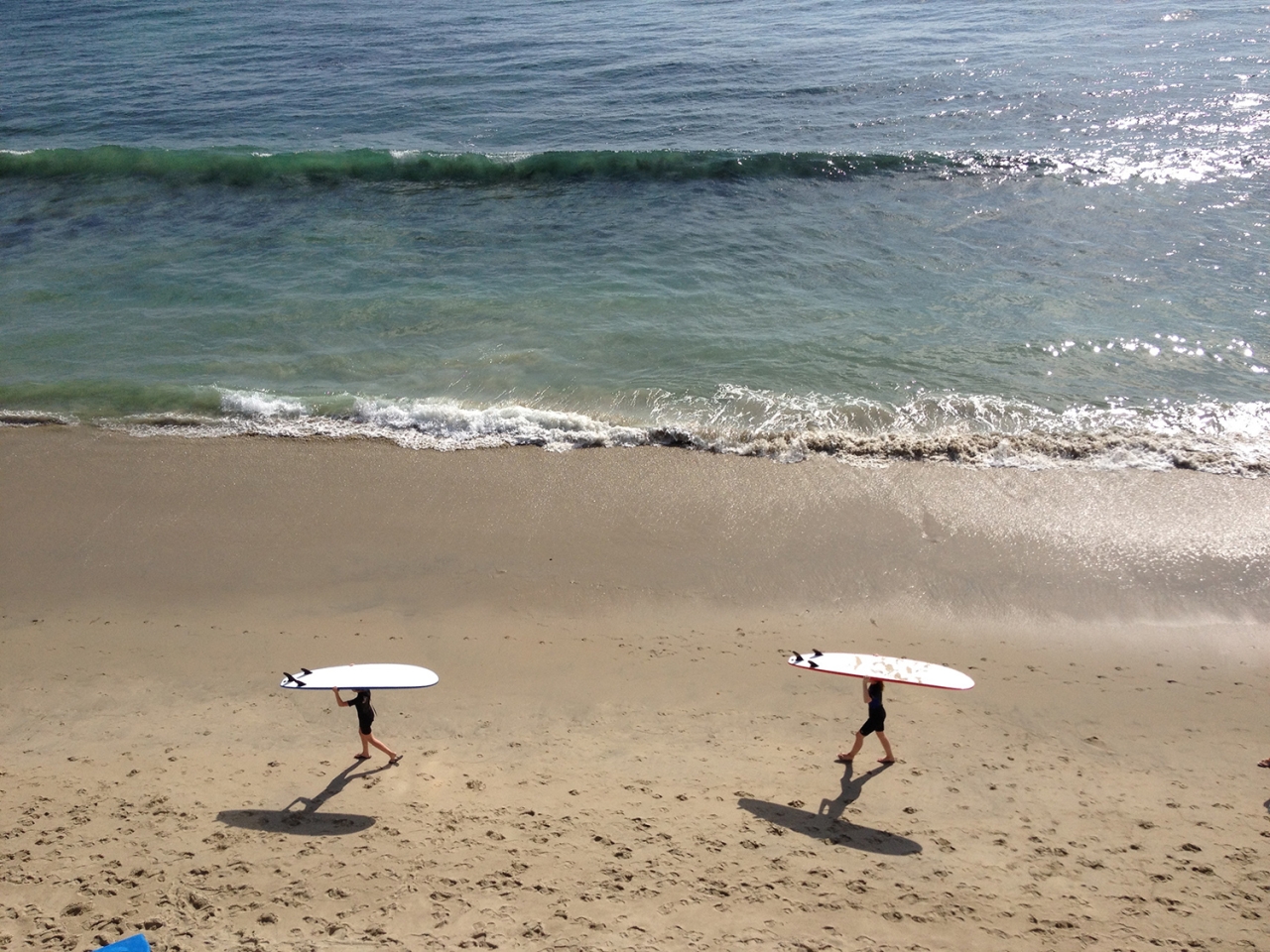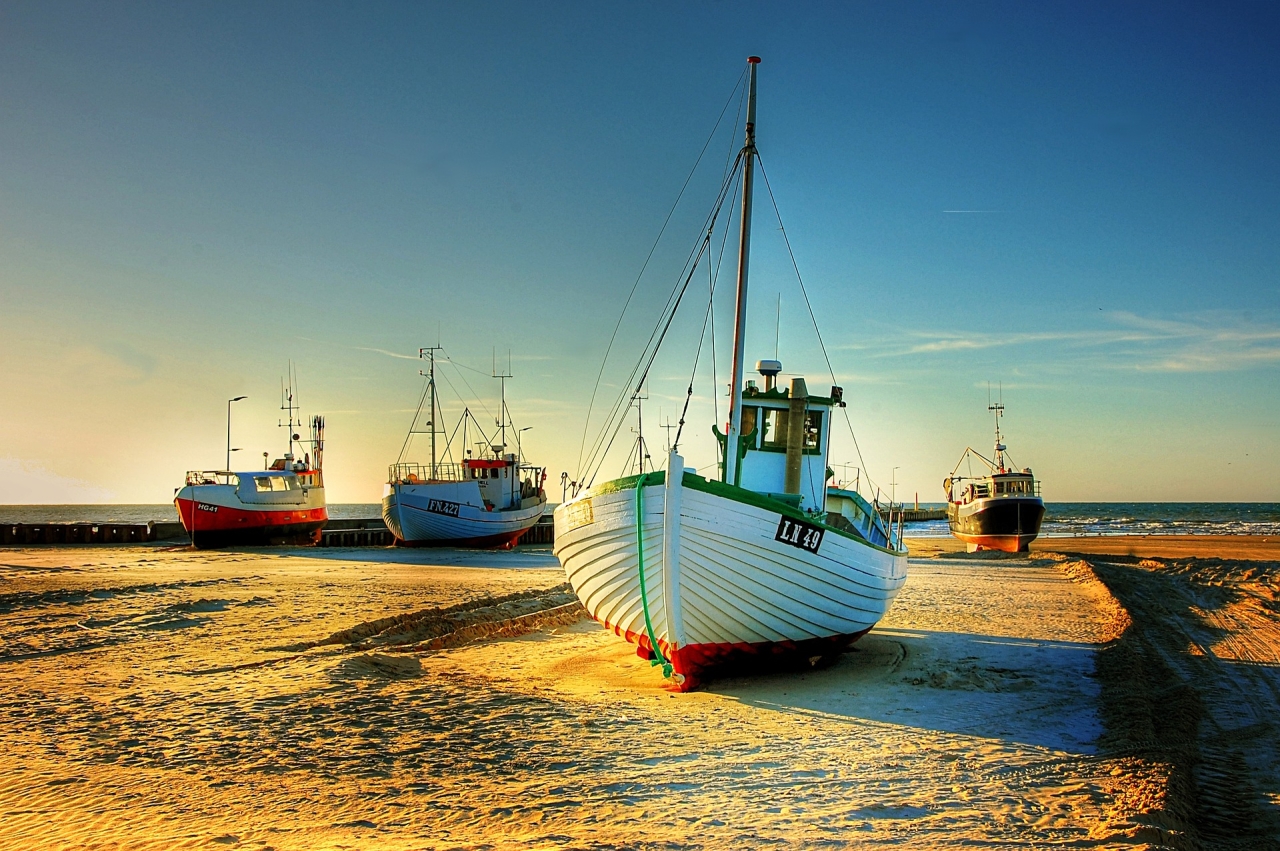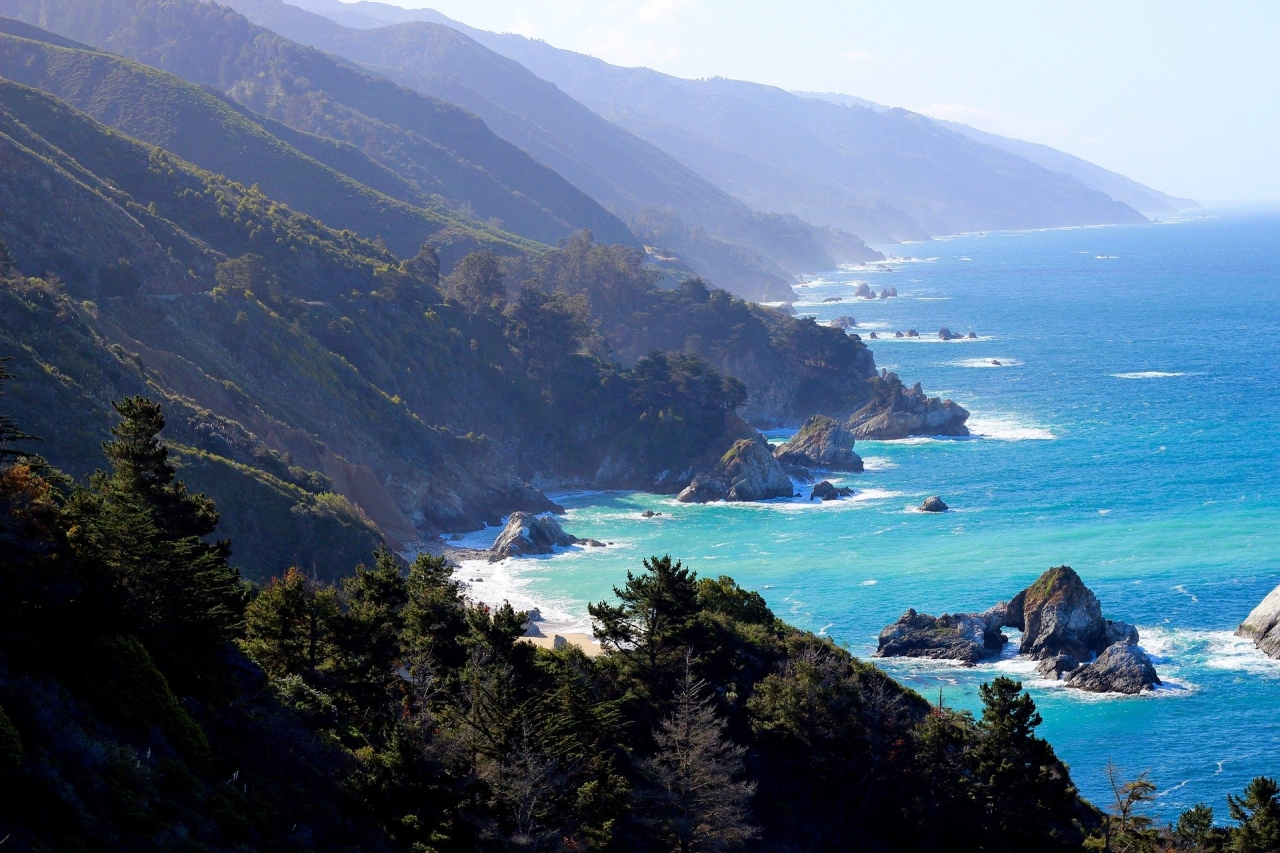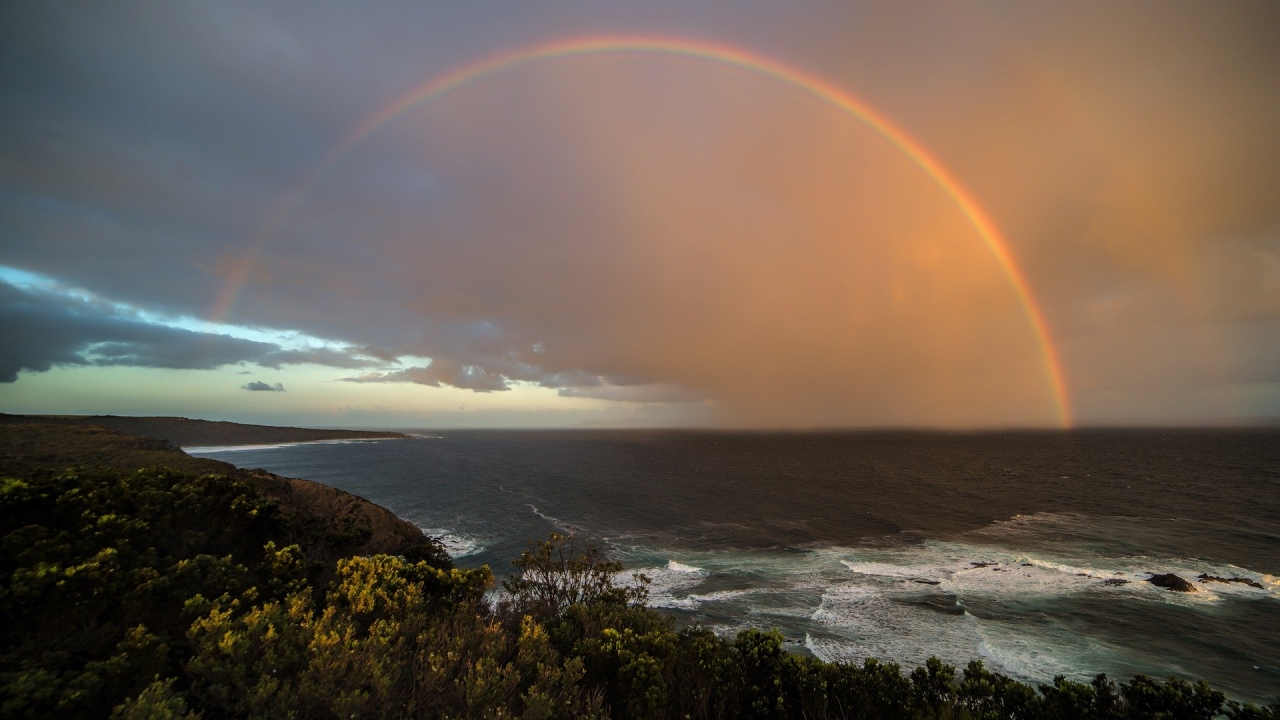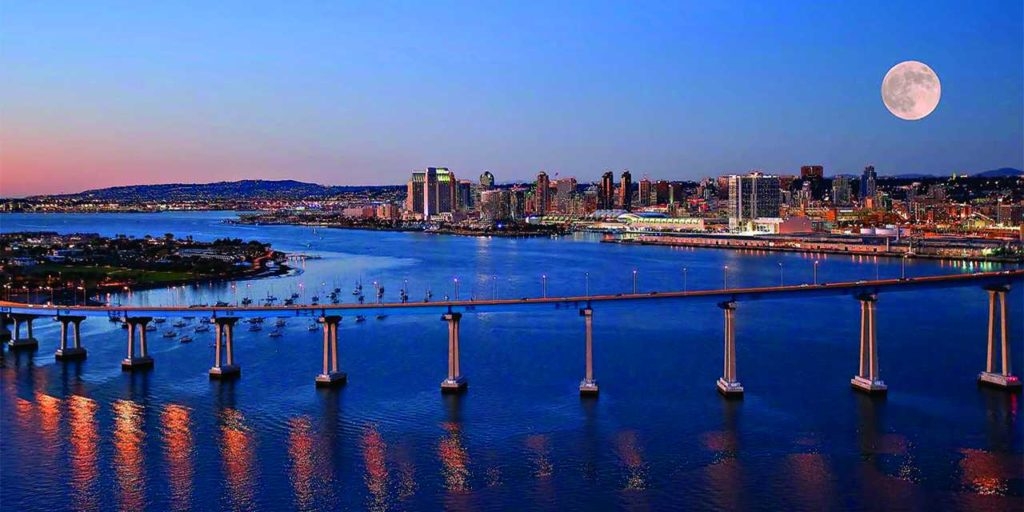Ocean Climate Action Plan offers Cure for Post-Pandemic Economy with Solutions for Climate Emergency
| by OCAP Team
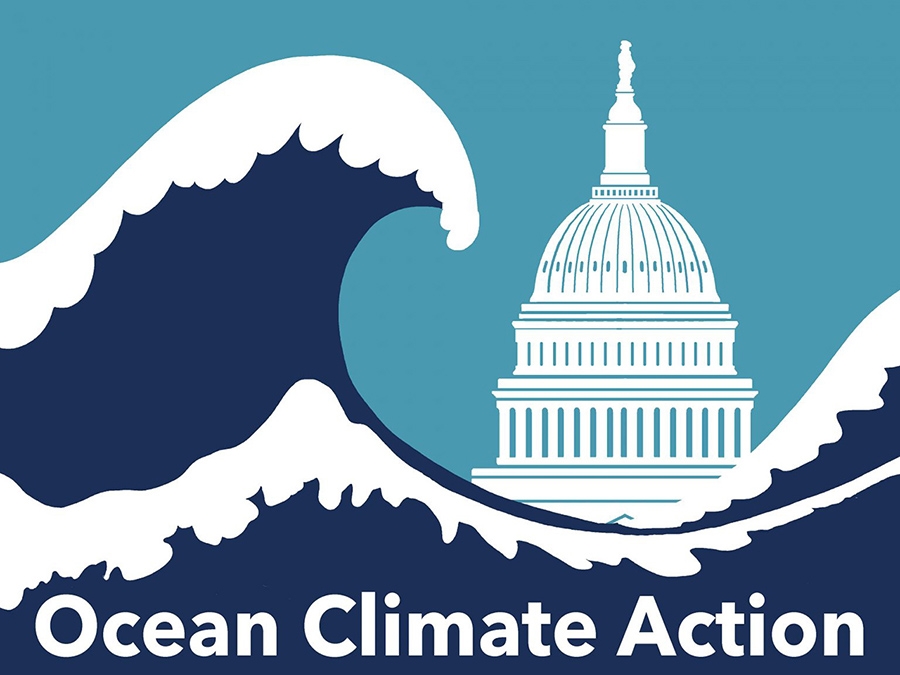
Adds Missing Pieces to House Climate Change Framework
MONTEREY, CA — July 13, 2020 The Center for the Blue Economy at the Middlebury Institute in Monterey, CA, and Blue Frontier, a leading ocean conservation and policy group, just issued a unique, comprehensive, Ocean Climate Action Plan, offering a cure for the battered post-pandemic economy and new approaches to the climate emergency.
But timing and quick action are essential. Even without the complications of the COVID-19 pandemic, this year’s hurricane season storms are likely to be 30% more destructive than similar storms that came ashore in 1980 due to climate impacts, according to a new study by NOAA.
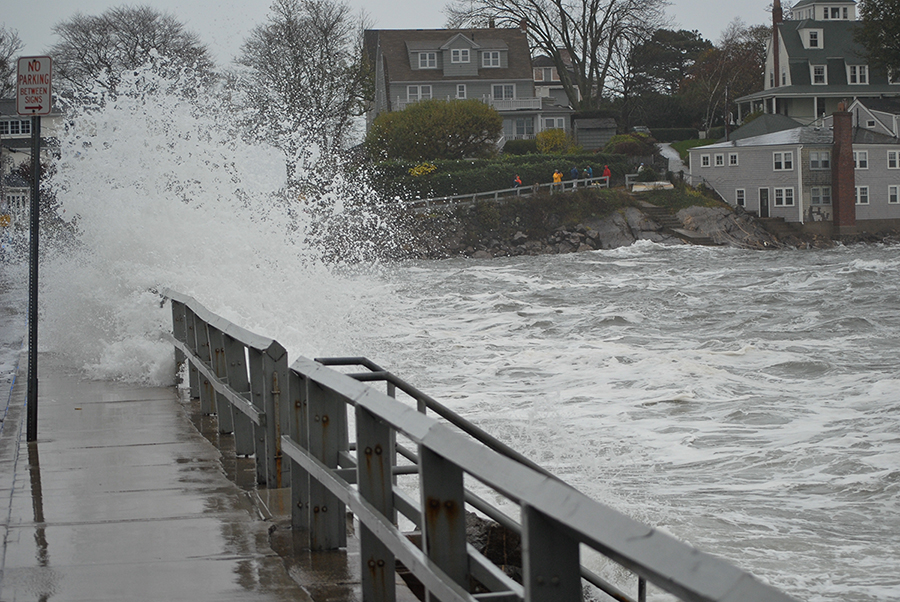

“Now is the time to make the strategic investments that will help decarbonize the economy, promote innovation that creates many new jobs and industries, and directly addresses the economic inequalities and injustices that ravage the nation. A healthy coastal ecosystem and a thriving blue economy will enhance human well-being, and will pay us back many times over.”
-Jason Scorse, Director of the Center for the Blue Economy
The Ocean Climate Action Plan (OCAP)—Blue New Deal—is a non-partisan, broad-reaching policy framework that includes investing in living shorelines, federal flood insurance reform, offshore clean energy, port operations, shipping, fisheries, aquaculture, marine biodiversity, and education. These solutions have been missing from earlier Congressional climate change approaches, including the Green New Deal. Many appear in the new Democratic Climate Plan, however, OCAP adds additional and practical solution-oriented proposals that go beyond the current Democratic thinking.
OCAP includes policies that will benefit coastal communities across the US, especially in the Gulf States that are most at risk from storms, but also inland communities in the industrial heartland who will benefit from alternative seafood production due to their large skilled workforce and low-cost real estate. The mid-Atlantic regions with the best offshore wind capacity will benefit from OCAP’s recommendations to streamline permitting and regulatory requirements. And the Pacific Northwest will benefit greatly from a new federal focus on sustainable aquaculture, including shellfish that can reduce our seafood trade deficit.
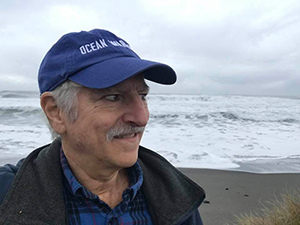
“We are pleased with our collaboration across many sectors and industries, including conservationists, maritime industries, municipalities, communities at risk, youth activists, and the financial sector. Congress will be able to draw on these recommendations to resolve the impacts of the COVID-19 pandemic, which has taken so many lives and caused so much economic hardship.”
-David Helvarg, Executive Director of Blue Frontier
Development of the Ocean Climate Action Plan began in March 2019. Feedback following meetings with representatives from Native American Nations and tribal organizations, a Youth Advisory Council, plus additional input from leading conservation NGOs, state and local leaders, and the maritime and financial industries, have been incorporated into this final report. These recommendations represent a unique approach and the collective wisdom of hundreds of the leading marine and coastal organizations and researchers from across the nation.
OCAP will ensure that ocean resources are put to use to dramatically reduce GHG emissions and that coastal communities across the country are able to effectively and equitably adapt to coastal climate impacts, which include rising sea levels, greater storm frequency, harmful algal blooms, and ocean acidification.
One of OCAP’s central tenets—repeated throughout the plan—is that investments and economic support must be made available to all to meet these needs, with special attention paid to and in collaboration with the most vulnerable communities of color, low-income groups, and tribal/Indigenous entities in our inland ocean and coastal regions.
Congressional leaders already committed to the Ocean Climate Action Plan include: Senator Jeff Merkley (D-OR), Rep. Deb Haaland (D-NM) and Rep. Joe Cunningham (D-SC).
Elected Leaders Explain
Senator Jeff Merkeley (D OR), Rep. Deb Haaland (D NM) and Rep. Joe Cunningham (D SC) state why a Blue New Deal is important for a vibrant economy and sustainable future.
Next steps:
The policies and investments outlined in the OCAP report are meant to form the basis for federal legislation that will make America a world leader in many of the innovative blue economy industries that will define the 21st century. The plan lays out the best policies to put America back on track with the new Congress in January 2021. These new investments will protect and sustain existing industries, while developing and expanding new ones, leading to many good stable jobs, sustained economic growth, as well as the restoration of our prized coastal and marine habitats.
For More Information
Ocean Climate Action Plan, Full Report
Ocean Climate Action Plan, Press Kit

